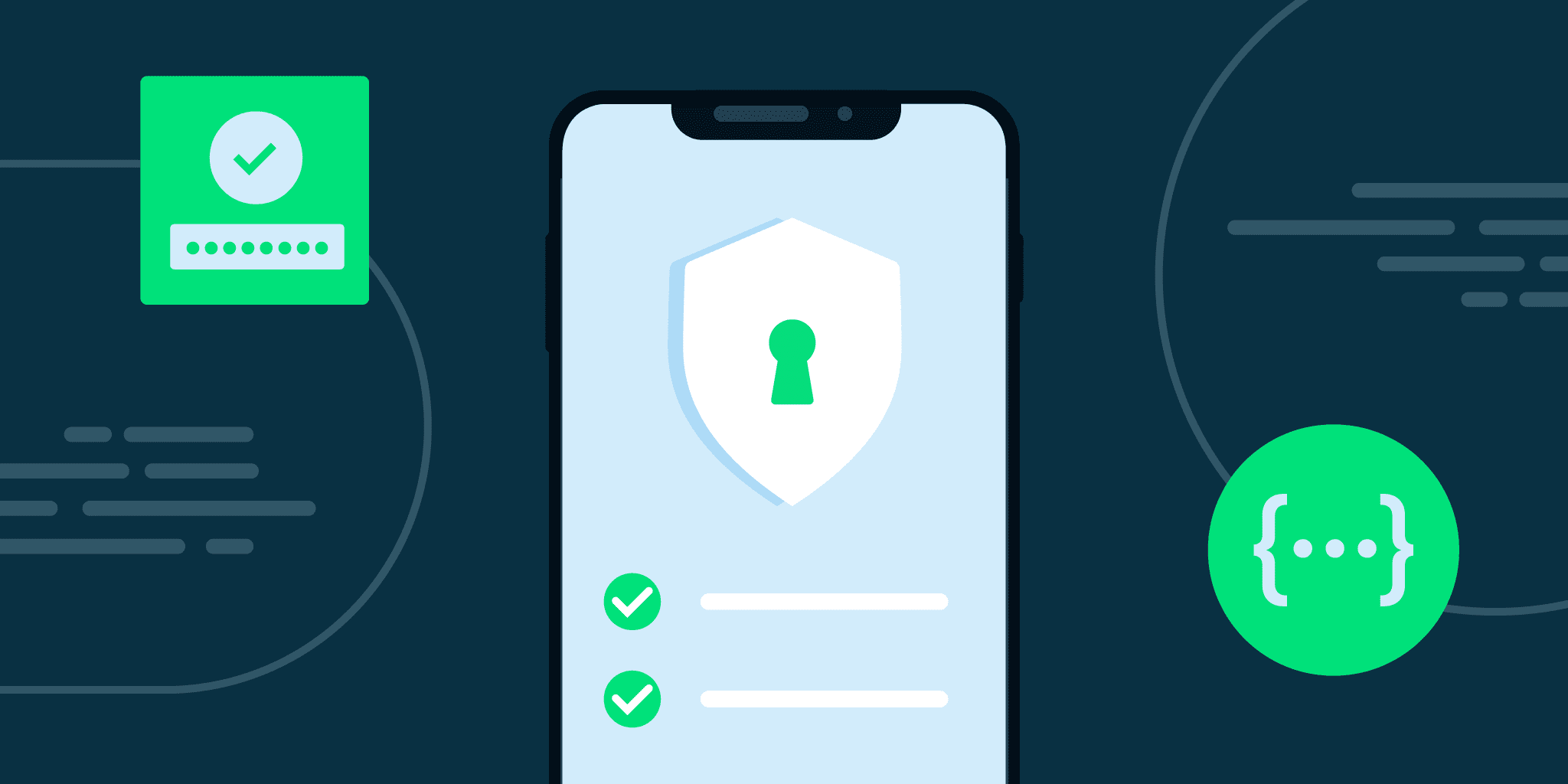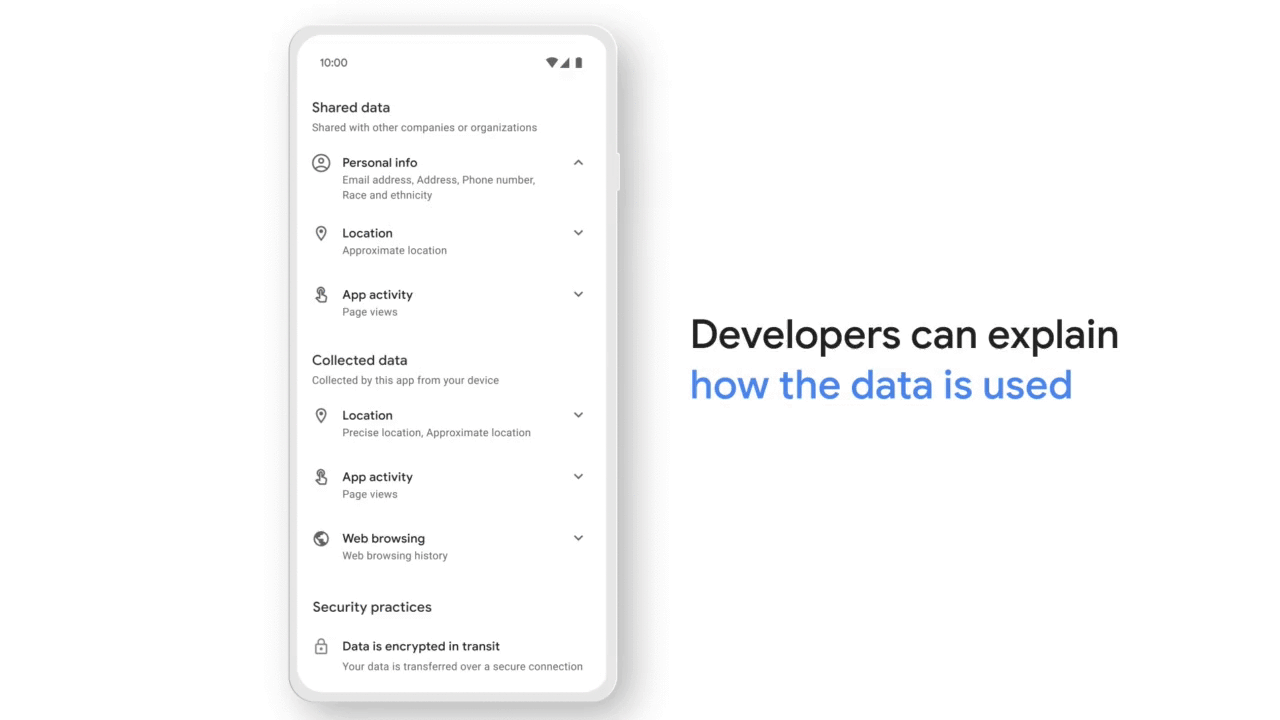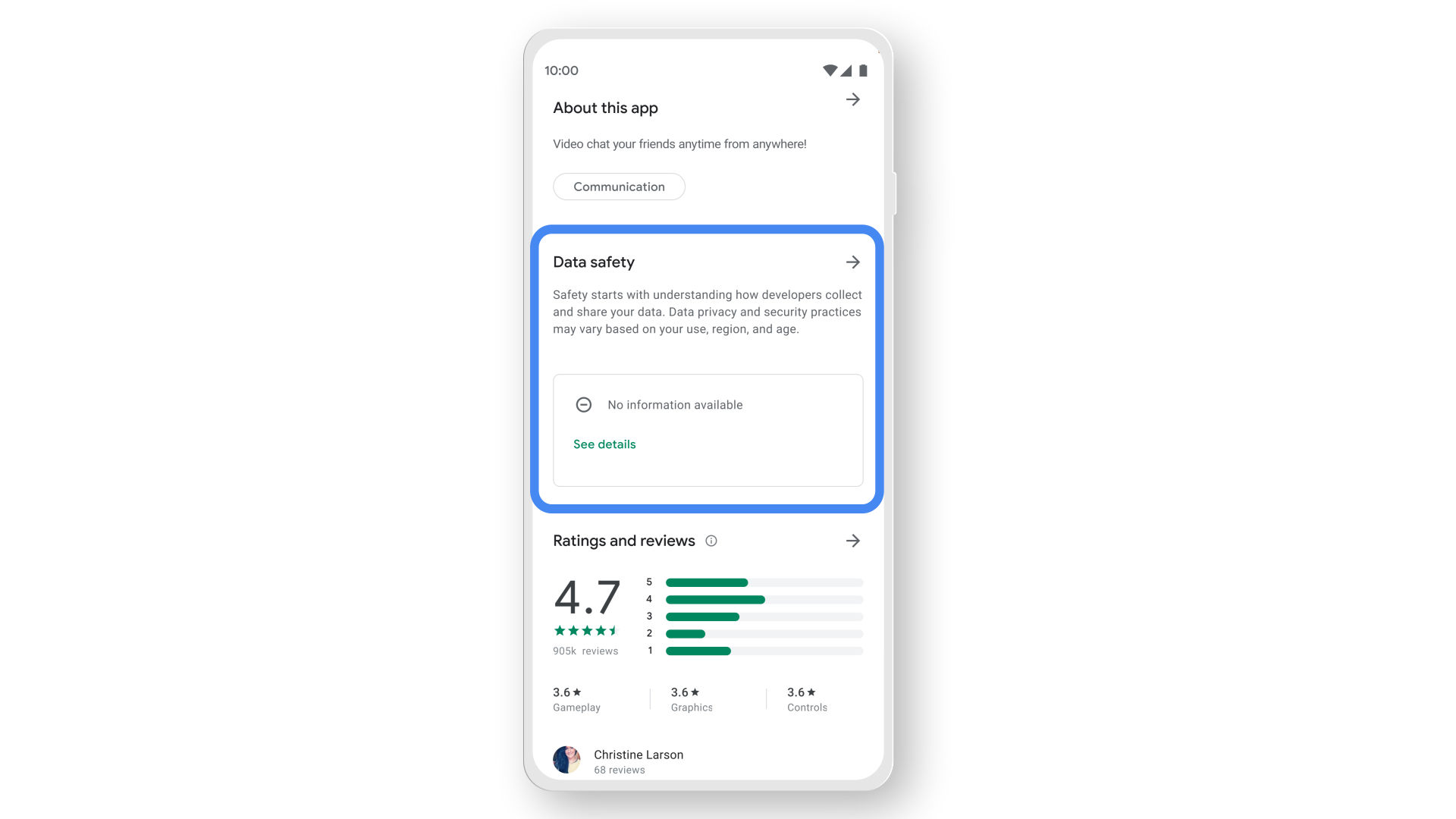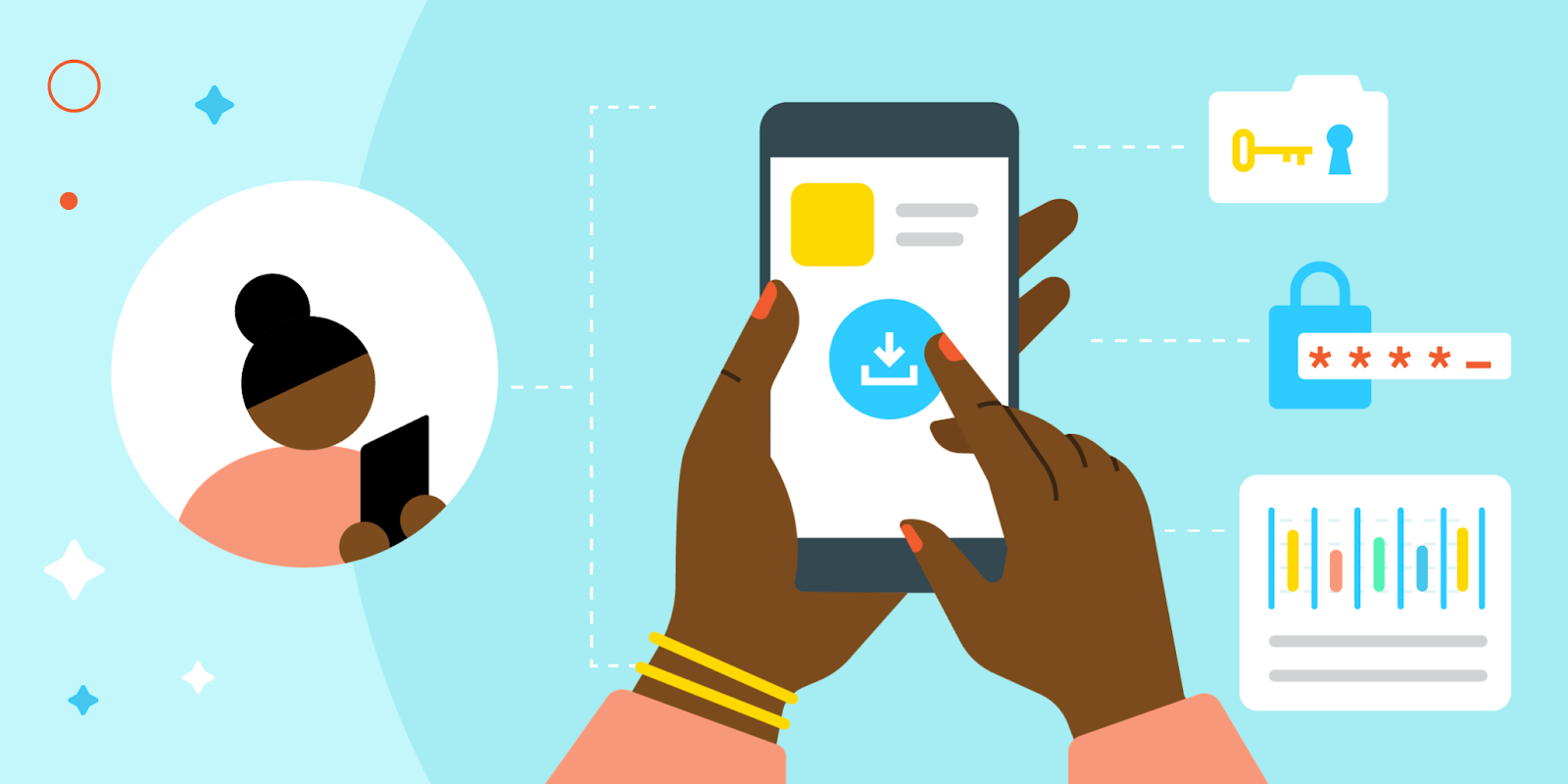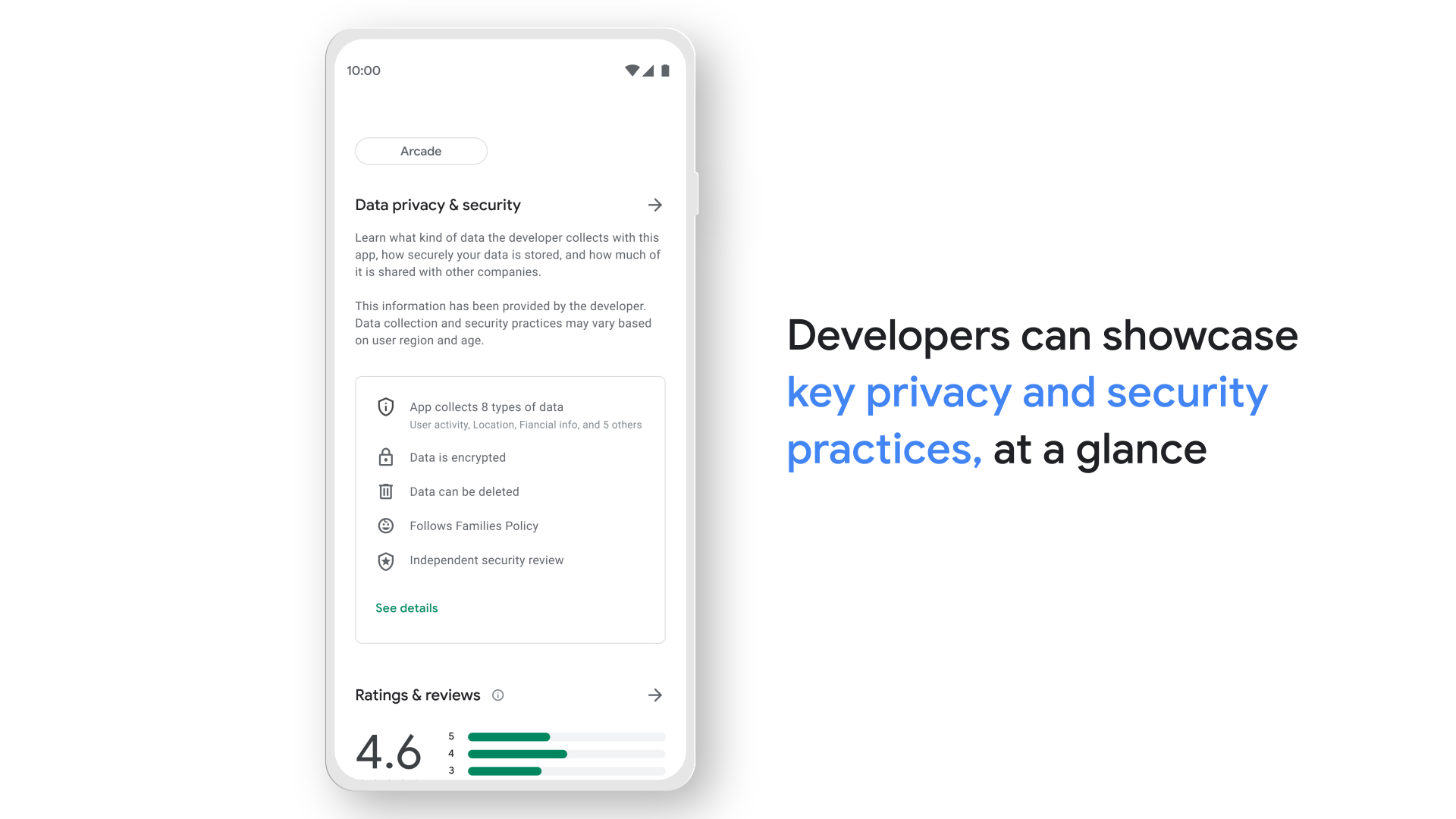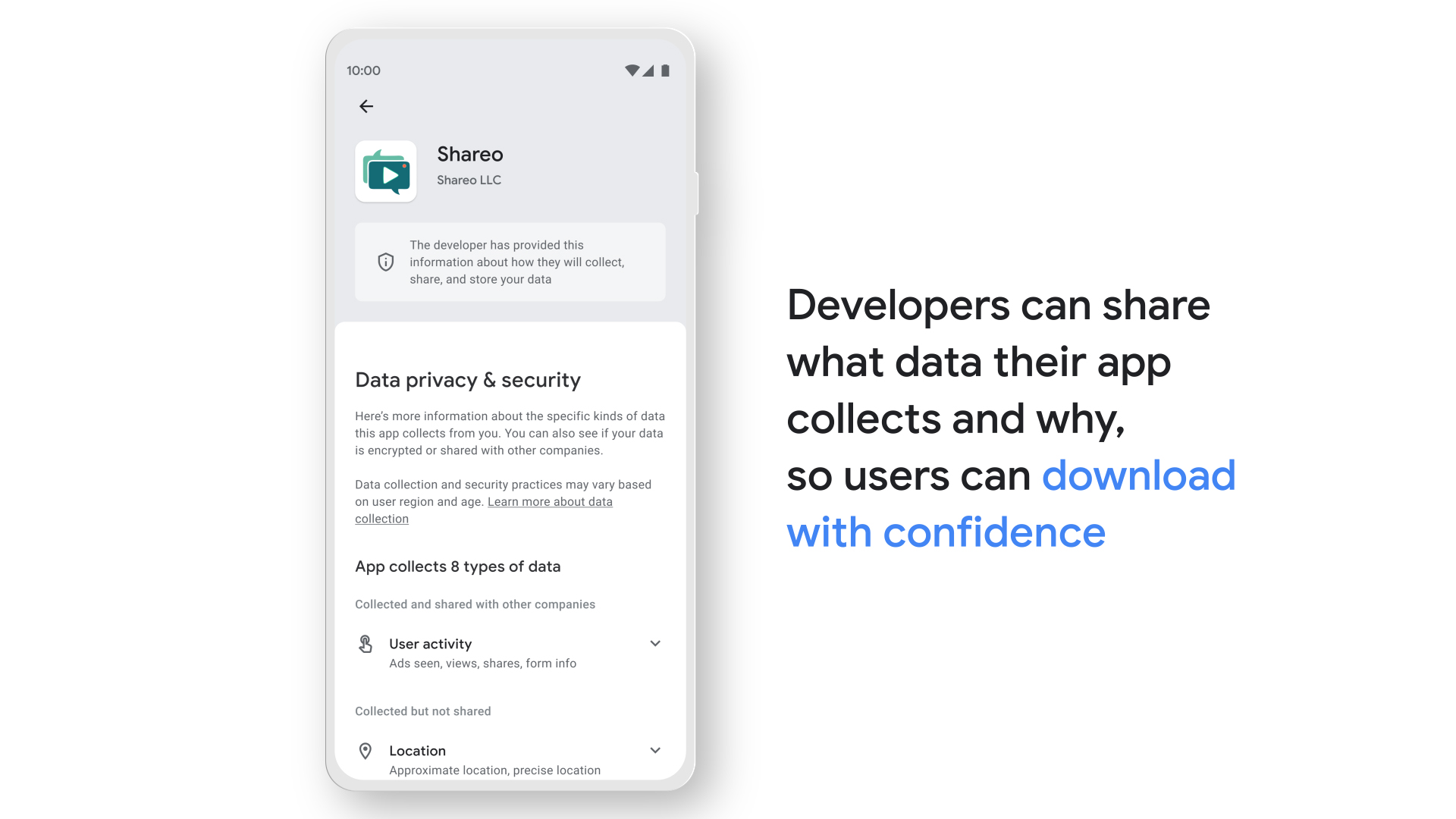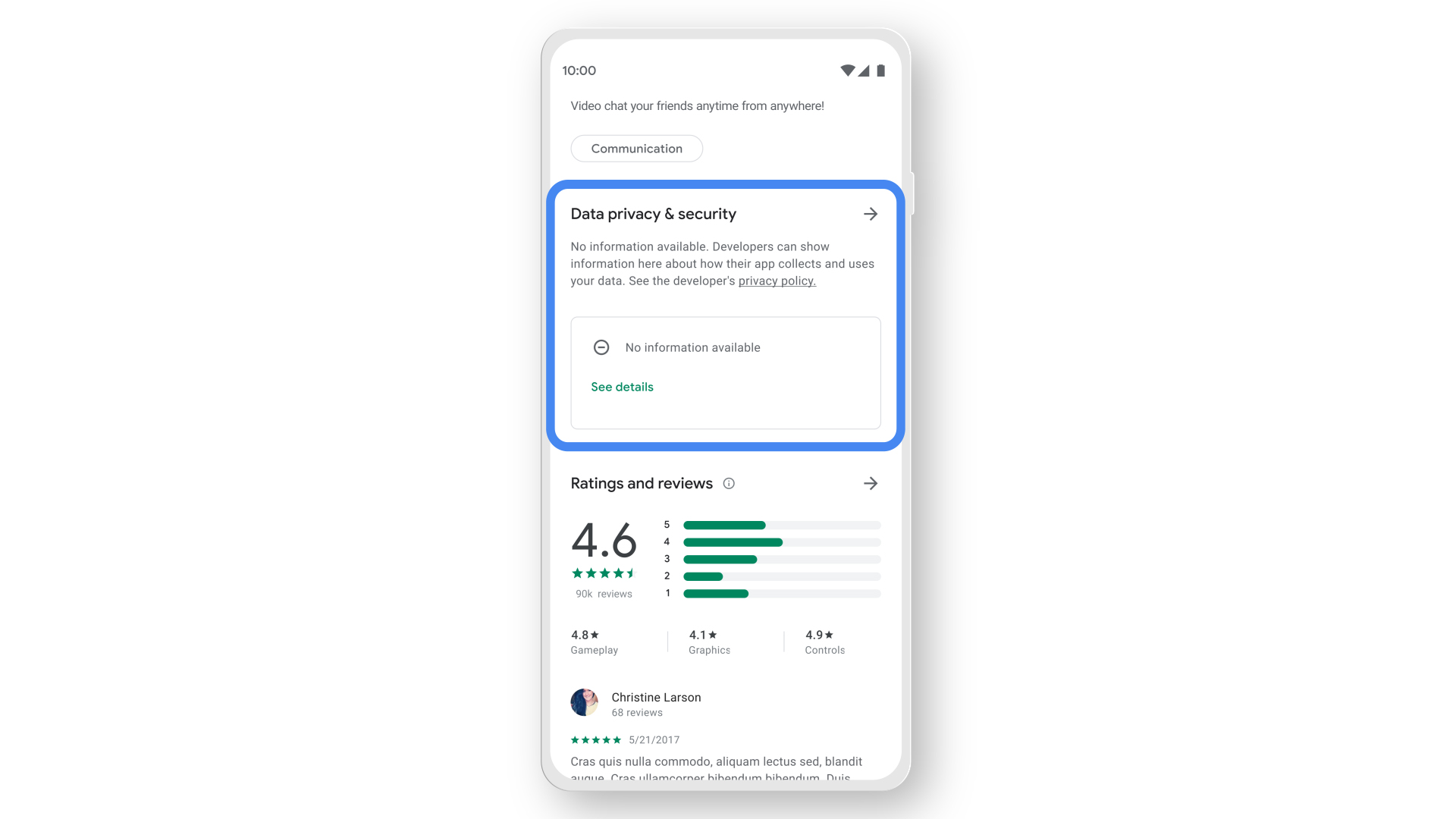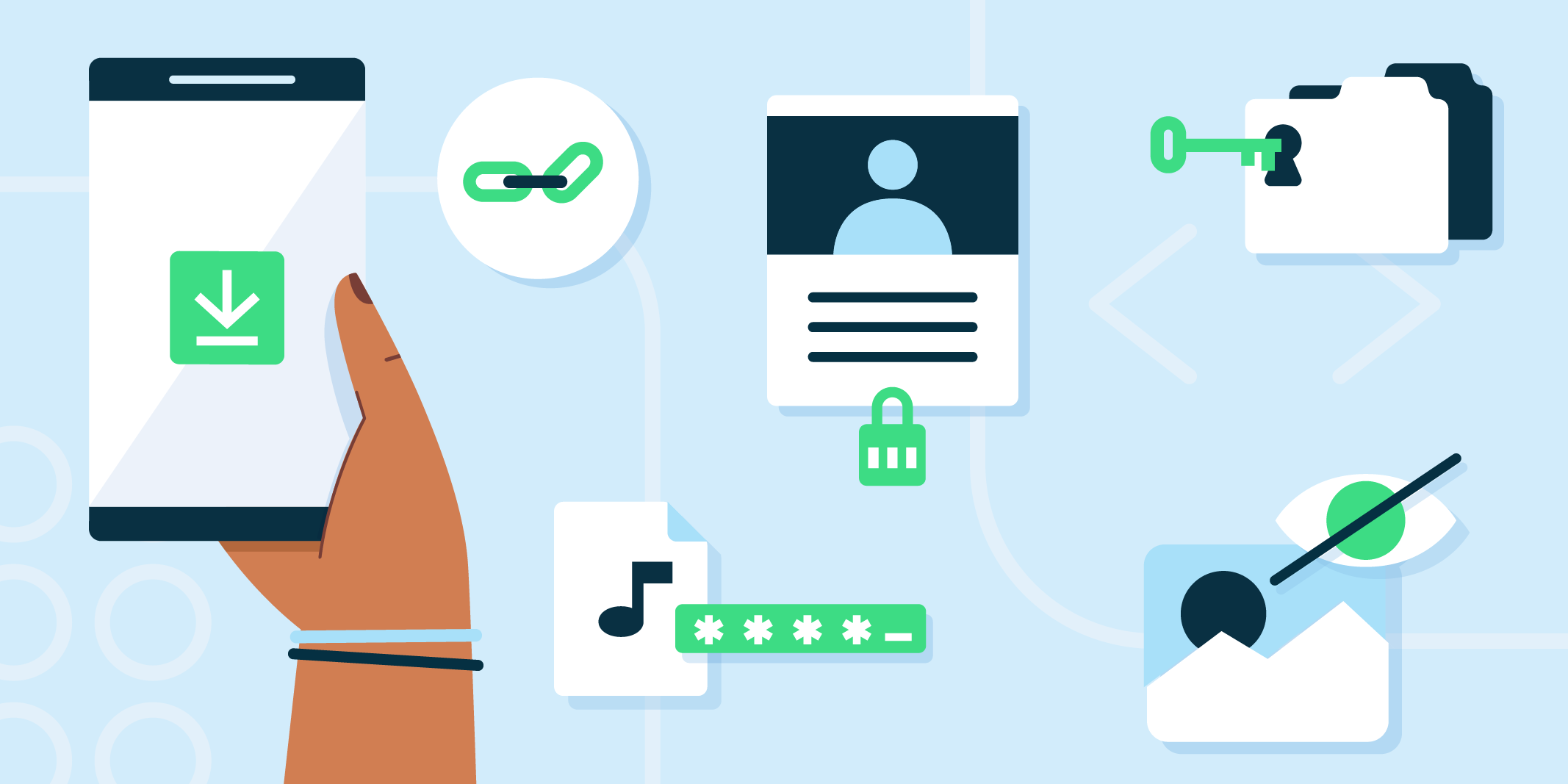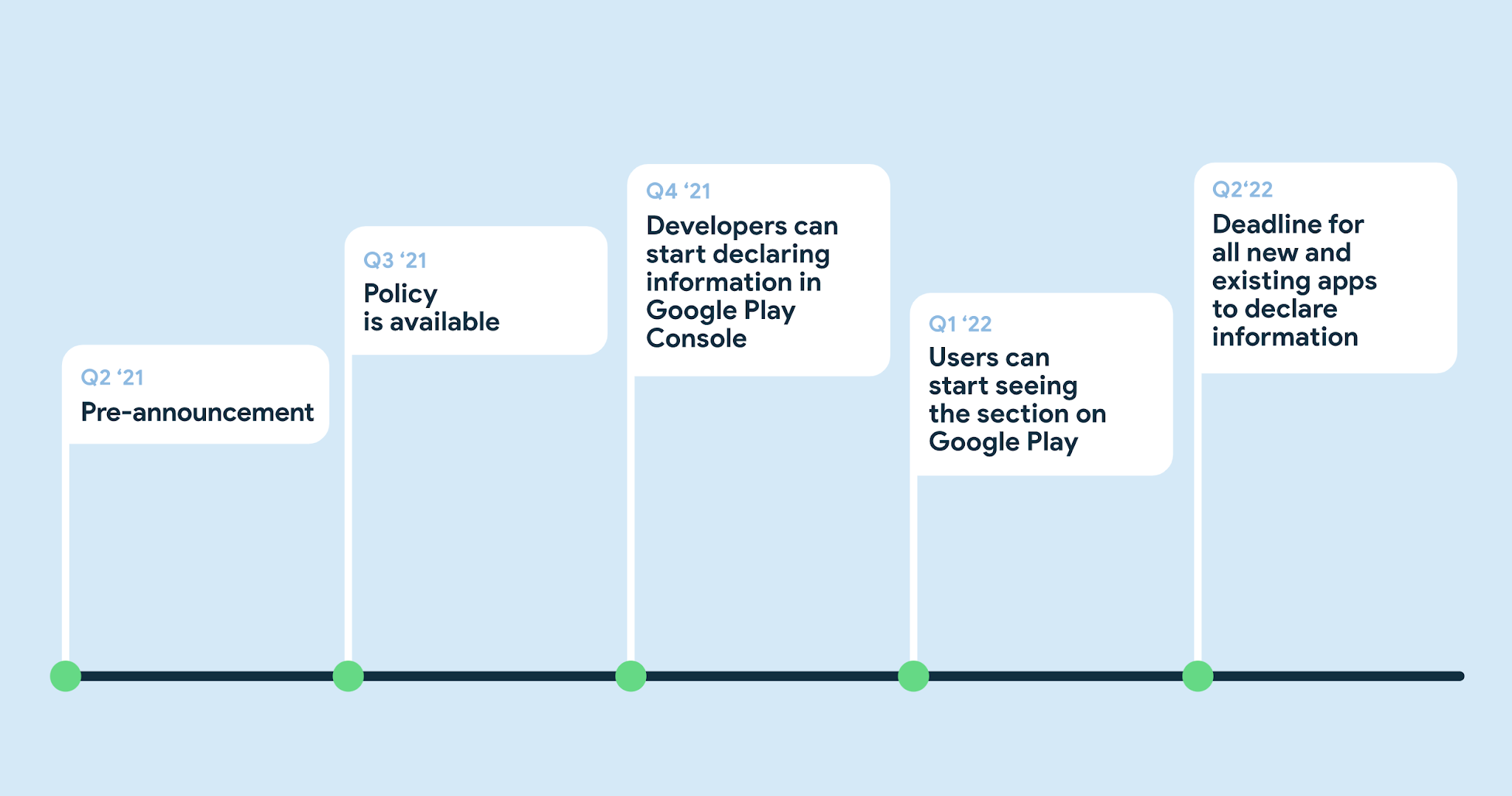Posted by Krish Vitaldevara, Director, Product Management

Google Play helps our developer community distribute the world's most innovative and trusted apps to billions of people. This is an ongoing process and we're always working on ways to improve app safety across the ecosystem.
In addition to the Google Play features and policies that are central to providing a safe experience for users, each Android OS update brings privacy, security, and user experience improvements. To ensure users realize the full benefits of these advances—and to maintain the trusted experience people expect on Google Play—we collaborate with developers to ensure their apps work seamlessly on newer Android versions.
We currently require new apps and app updates to target an Android API level within one year of the latest major Android OS version release. New apps and app updates that don’t meet this requirement cannot be published on Google Play. For exact timelines, please refer to this Help Center article.

Current target API Level requirements for new apps and app updates
Today, as part of Google Play’s latest policy updates, we are taking additional steps to protect users from installing apps that may not have the latest privacy and security features by expanding our target level API requirements.
Starting on November 1, 2022, existing apps that don’t target an API level within two years of the latest major Android release version will not be available for discovery or installation for new users with devices running Android OS versions higher than apps’ target API level. As new Android OS versions launch in the future, the requirement window will adjust accordingly.

Target API Level requirements for existing apps, starting November 1
The rationale behind this is simple. Users with the latest devices or those who are fully caught up on Android updates expect to realize the full potential of all the privacy and security protections Android has to offer. Expanding our target level API requirements will protect users from installing older apps that may not have these protections in place.
The good news is that the vast majority of apps on Google Play already abide by these standards. For other apps, we know this will require additional attention, which is why we are notifying developers well in advance and providing resources for those who need them.
We encourage you to:
- Review our technical guide on migrating your app to meet Google Play's target API level requirements.
- Review our Help Center article on the target API level requirements by Android OS.
- Request an optional 6 month extension if you need more time for migration. The form will be available in your Developer Play Console later this year.
Current users of older apps who have previously installed the app from Google Play will continue to be able to discover, re-install, and use the app on any device running any Android OS version that the app supports.
This strengthened Target Level API policy is just one of the policy updates we announced today to expand user protections and improve user experiences on Google Play. We’ll continue to share updates about this important work that will help raise the bar for app privacy and security across the board, making Google Play and Android a safer place for everyone.
For more resources:
- Review the full summary of policy updates.
- Watch our PolicyBytes video.
- Join our global webinar or register for a local session in India, Japan, Korea, or Brazil. You’re welcome to submit questions in advance.
Source: Android Developers Blog
